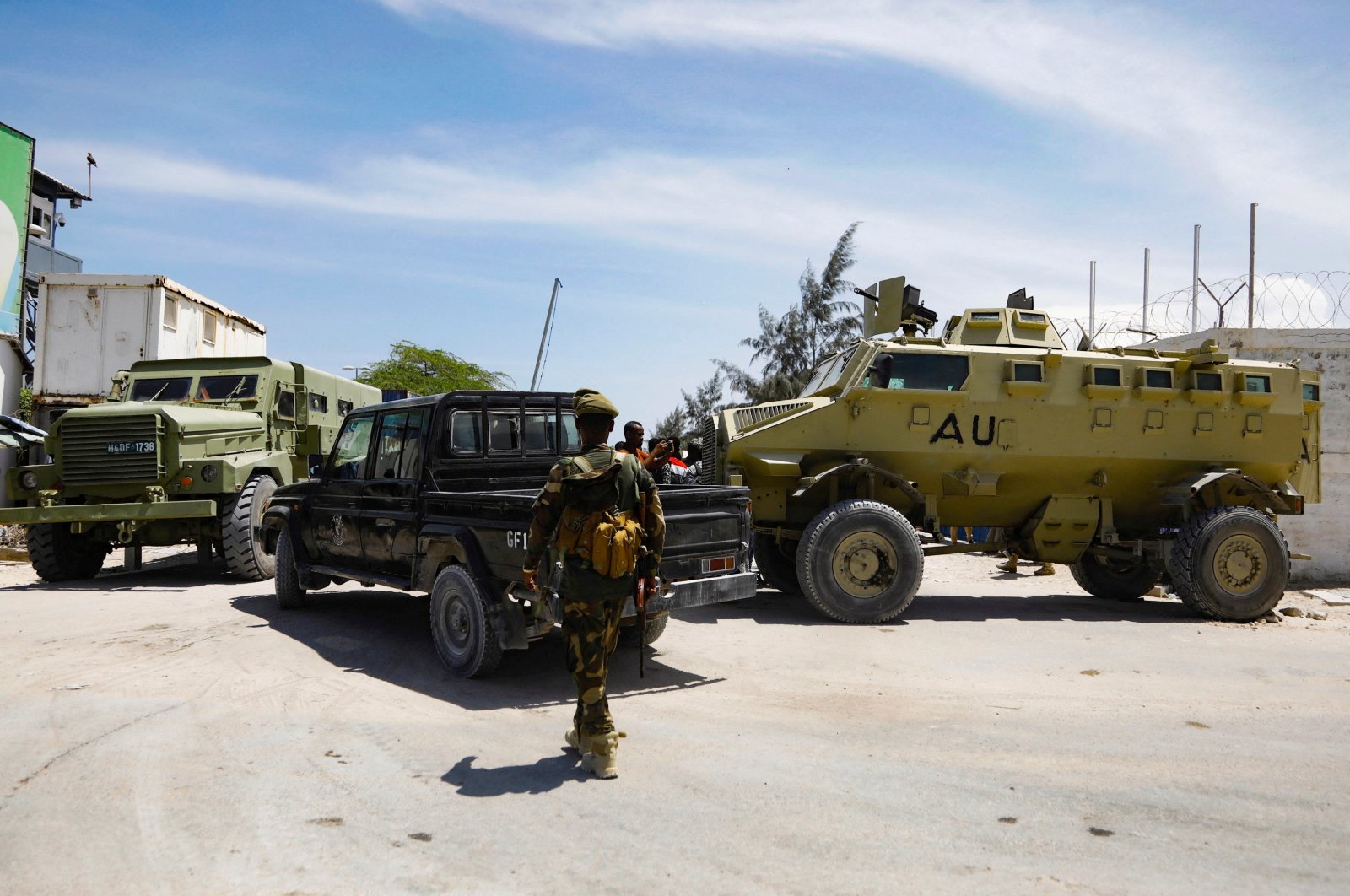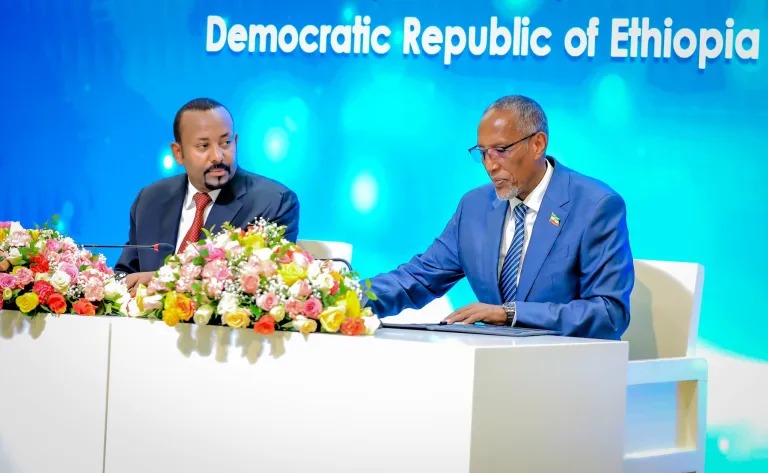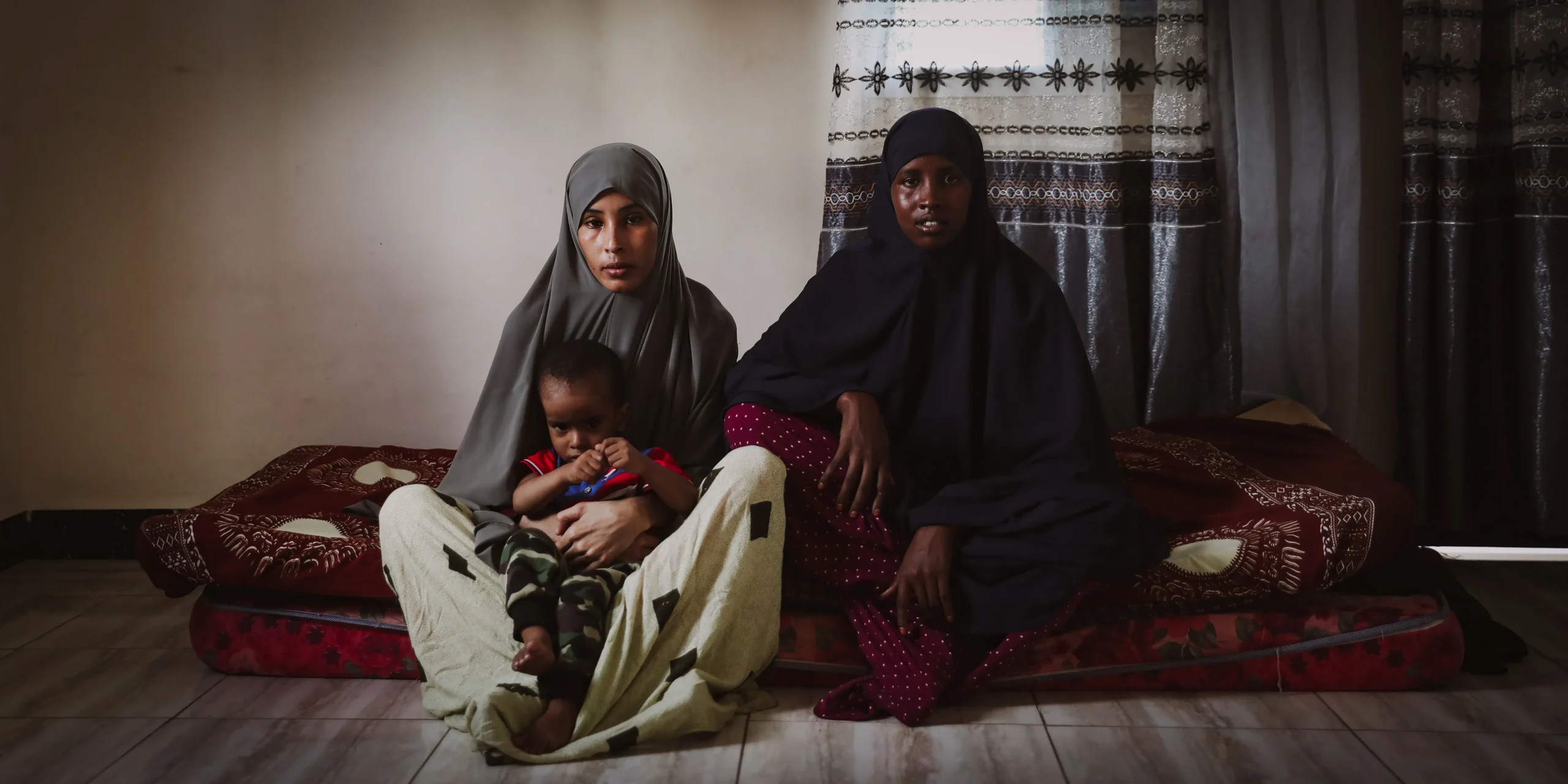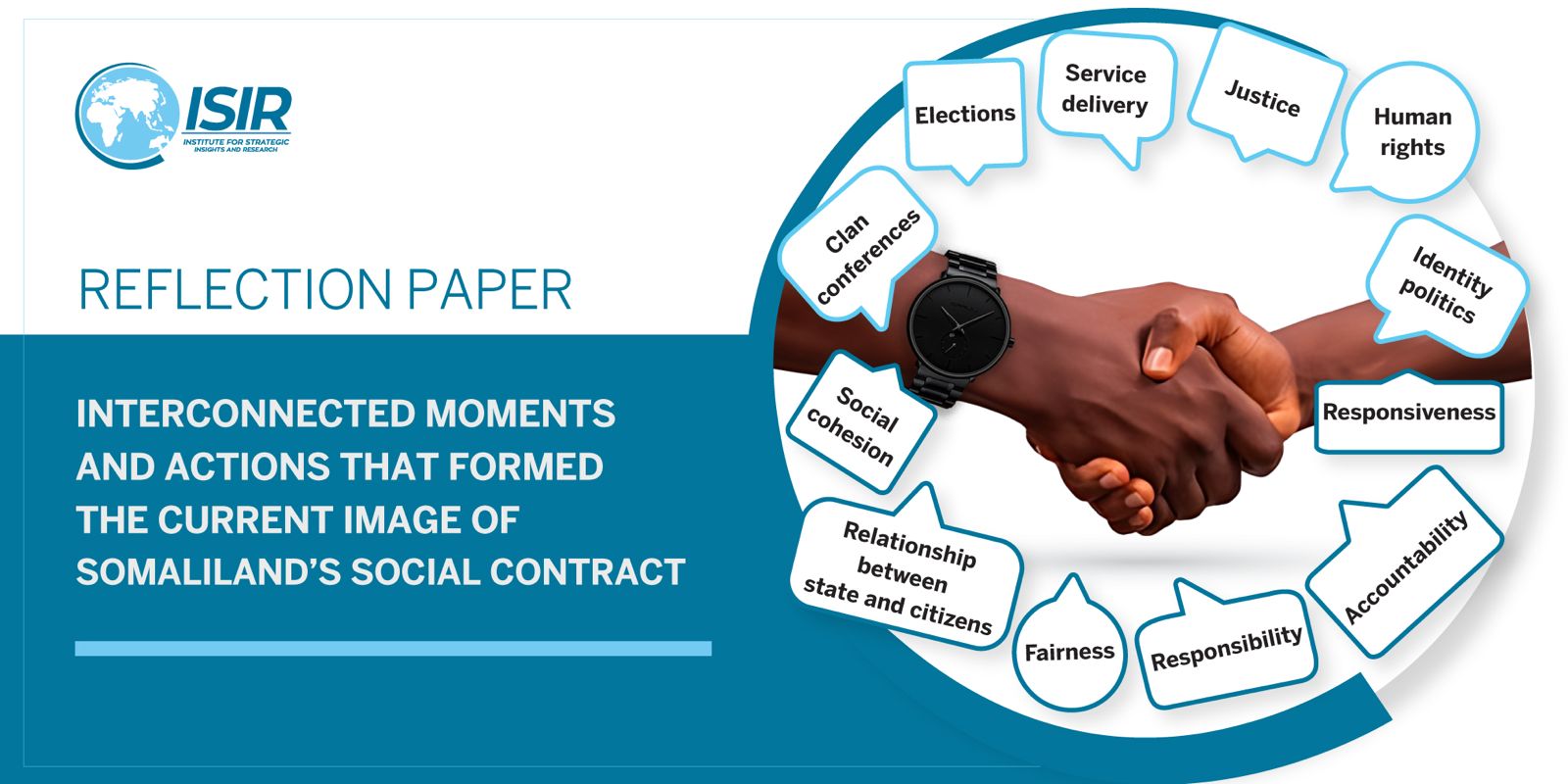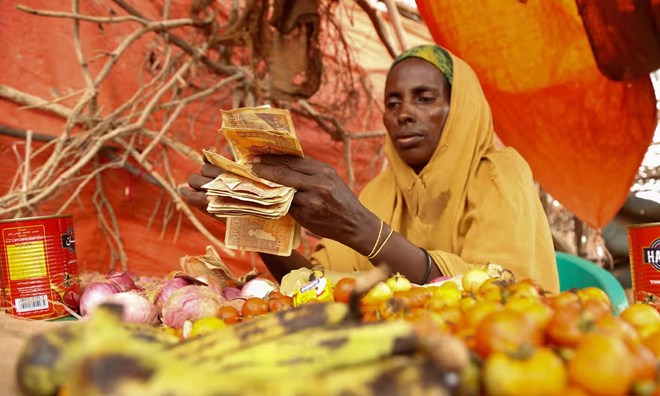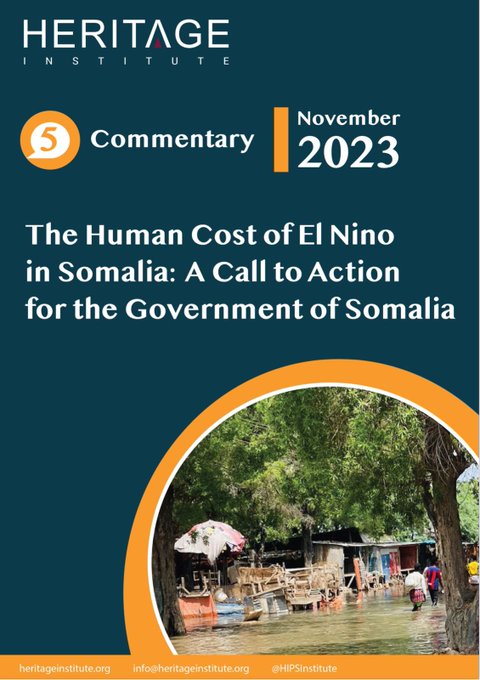Mogadishu (SD) – The American news publication, Foreign Policy Journal has posted a lengthy op-ed by President Farmajo, highlighting the achievements and challenges of his government.
“From the beginning of my tenure starting February 2017, my government opened the political space for dialogue in advance of any electoral process to all the federal member states, which are the main election stakeholders. In fact, it was always our clear ambition to transition Somalia from indirect elections to full universal suffrage within my four-year term, and it seemed possible after we reached an agreement with the federal member states in June 2018.” Farmajo touted.
President Farmajo said in the op-ed that he was committed to a democratic transition in Somalia that would be led by Somalis.
“To avoid a power vacuum after my four-year mandate as Somalia’s president ended on Feb. 8, Somalia’s House of the People passed legislation in 2020 to ensure that the political transfer of power rightfully happens only through elections. This means that the current elected officials have to remain in office until they are re-elected or replaced through the electoral process.” The president said.
President Farmajo said many of the remaining challenges stemmed from demands based on clan identity.
“At the core of the disagreement is a conflict between my government’s goal of universal suffrage through direct elections and those who insist on an indirect election model that empowers elites and denies ordinary citizens a vote. It is time for the international community to ask: Why must a select few clan elders and leaders of the federal member states hold the Somali people hostage every four years? And why must the private interests of this small elite silence the voices of the millions of people they claim to represent?” Farmajo said in the op-ed.
Adding “Somalia still faces major state-building and developmental challenges. It is evident that the top-down state-building process is not delivering universal suffrage for the people. In the future, more bottom-up approaches must be encouraged and supported. However, we are determined that our democratic transitions will always be Somali-owned and Somali-led.” Concluded Farmajo.
President Farmajo blamed the opposition for the recent unrest in the capital “The recent regrettable political violence in Somalia was opportunistically presented as a measure of last resort by those instigating it, but there is no shortcut to a democratic transition in Somalia.”
President Farmajo’s multi-faceted article is titled, “Don’t Blame Me for Delaying Somalia’s Elections”
Categories: Latest News








